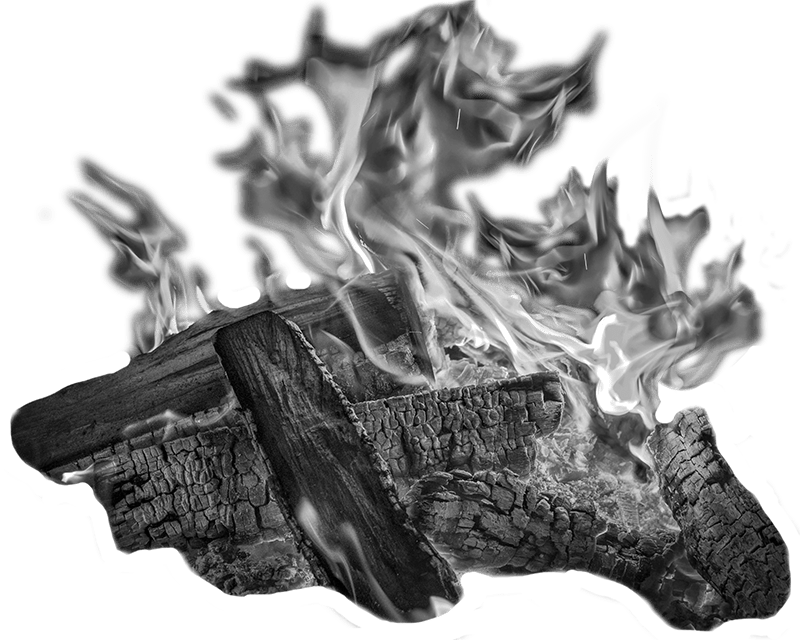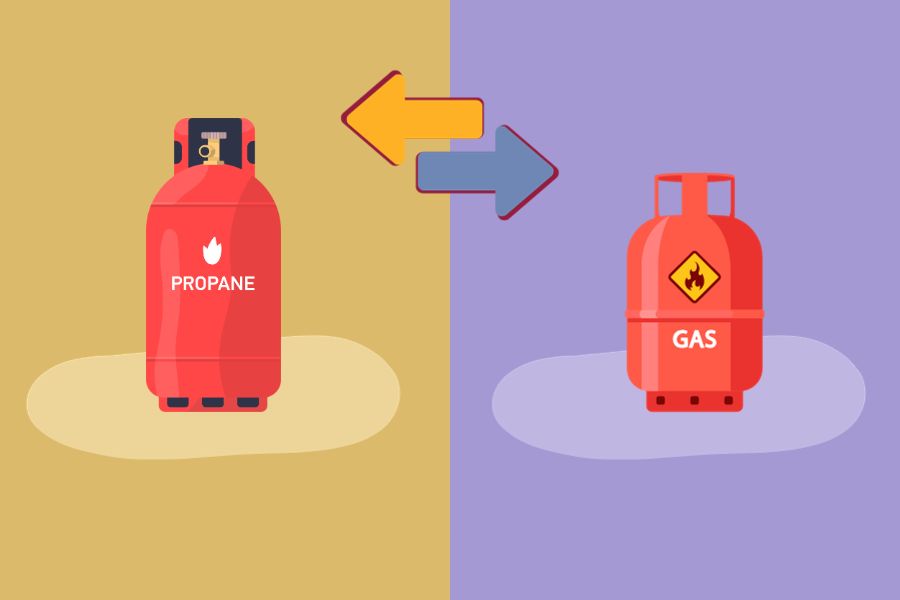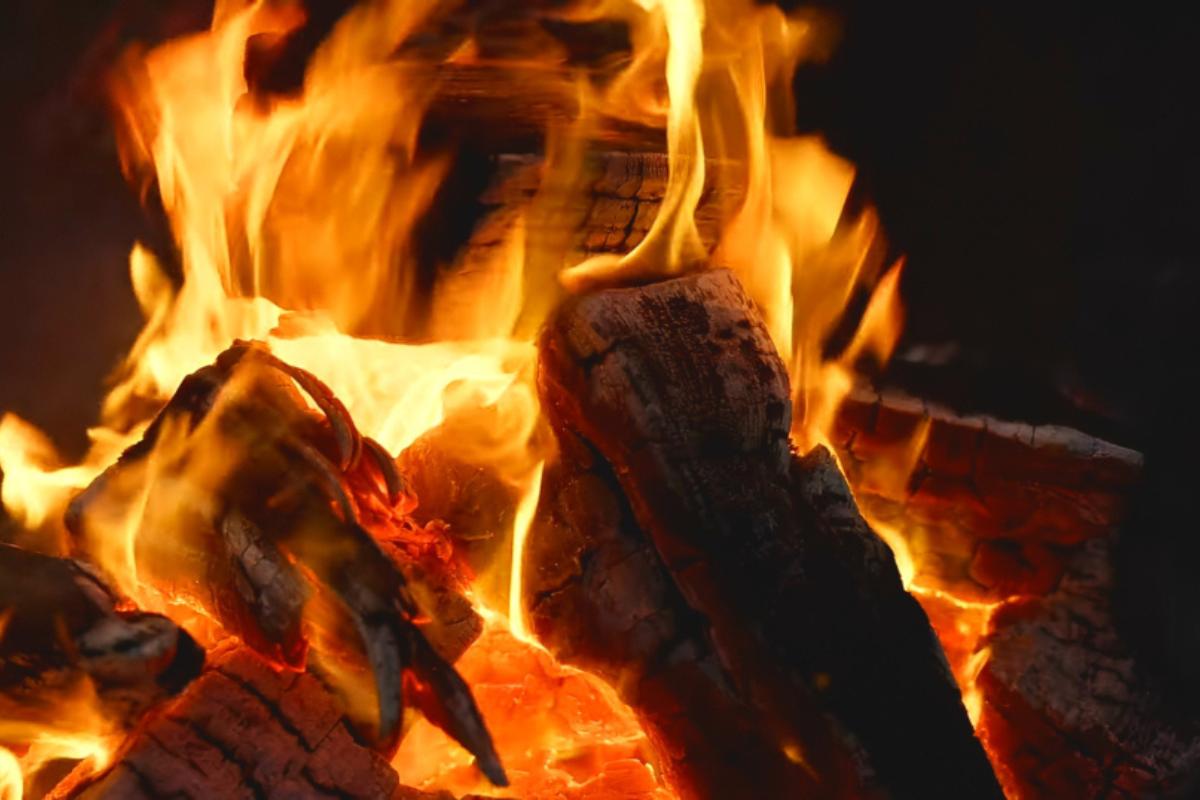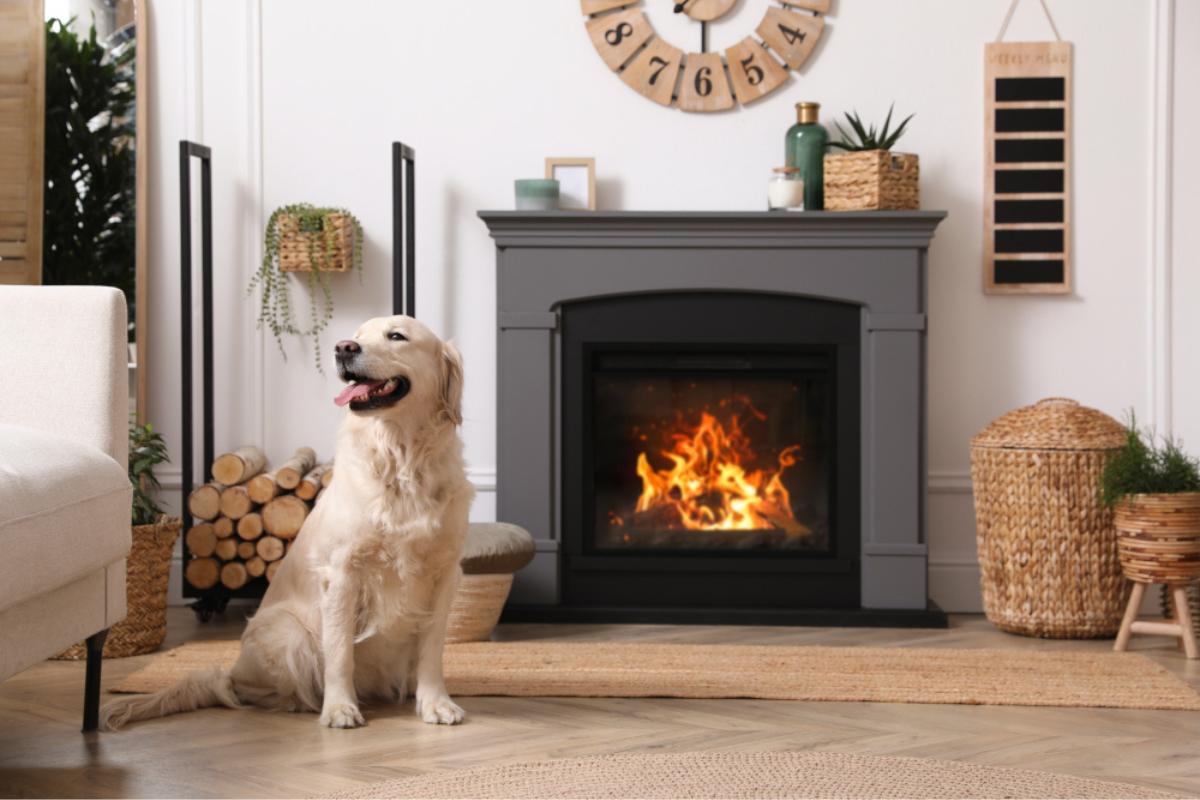Natural gas and propane are the primary contenders when choosing a fuel source for stoves. While many assume these two types of gas are interchangeable, they have distinct differences.
Propane, or liquefied petroleum gas (LPG), is derived from natural gas processing. The Propane Education and Research Council states that propane gas can often be found in storage tanks of varying sizes.
On the other hand, natural gas is a mixture of several gases, with methane being the most prevalent component, as the U.S. Energy Information Administration (EIA) reported. Unlike propane, which is usually stored in tanks, natural gas is distributed through a central gas line system.
In rural settings and mobile homes, propane is usually more popular as a fuel source, mainly because natural gas hookups are often not available. According to the National Energy Education Development (NEED), a typical home powered by propane will have an external tank capable of holding up to 1,000 gallons of propane liquid.
Are Natural Gas and Propane Interchangeable?
Natural gas and propane are not directly interchangeable despite serving similar purposes as fuel sources. A stove designed for natural gas should not be operated using propane, and the same holds true in reverse. Some manufacturers offer conversion kits that make it possible to convert an appliance to run on either natural gas or propane.
Understanding the reasons why natural gas and propane aren’t interchangeable requires a closer look at what each type of gas is, as well as their unique characteristics and differences.
Also read: Problems with Baking with the Gas Oven
How to Know if Your Stove Uses Propane or Natural Gas?
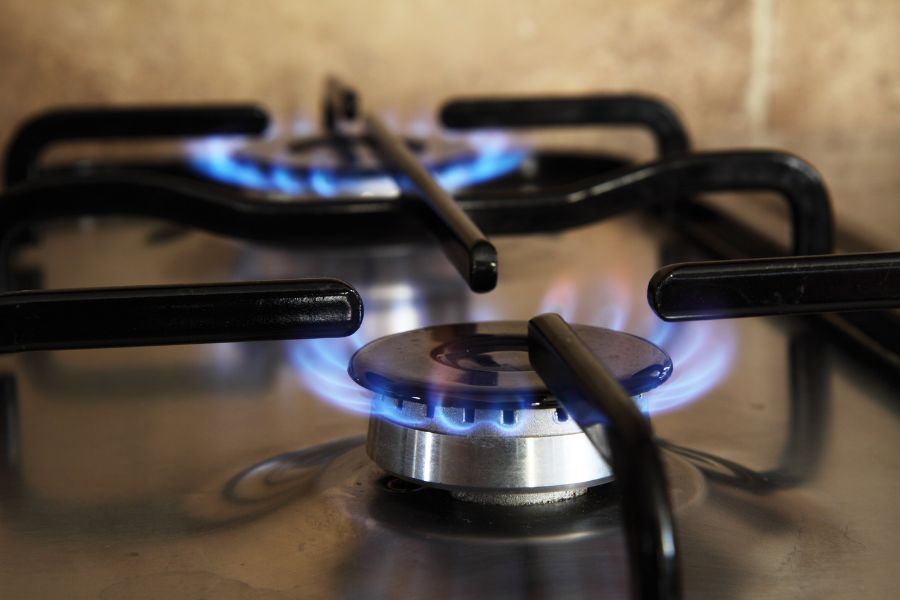
To find out whether your stove uses natural gas or propane, consult the appliance’s instruction manual or check the manufacturer’s label affixed to the stove.
They don’t build stoves to operate interchangeably with these two different types of gas. While conversion kits are available to facilitate the switch between natural gas and propane, attempting this conversion as a DIY project is not advisable. If you’re considering using a conversion kit, it’s best to consult a qualified gas appliance technician for expert guidance.
What Happens If You Utilize Propane on Natural Gas Stoves?
Understanding the differences between natural gas and propane is crucial, particularly since natural gas operates at a much lower pressure than propane, and propane burns at a higher temperature. So, what are the risks of using propane in a stove designed for natural gas without proper conversion?
Here are some potential outcomes:
- Excessive flame size
- Appliance malfunction
- Elevated risk of gas leaks
- Increased likelihood of carbon monoxide poisoning due to incomplete combustion of the gas
- Potential for an explosion causing significant damage
Given these risks, it’s imperative to ensure you can safely use propane in a stove designed for natural gas by consulting a qualified gas appliance technician and possibly using a conversion kit.
Is It Possible to Convert a Natural Gas Stove to Propane?
If you want to change from a gas stove made of natural gas to a propane one, verify the label. This ensures that the stove you purchased can work with different kinds of gas, as a few can do that.
If an appliance can be converted, it will be supplied with the conversion kit as part of the purchase. The process could be accomplished with expert assistance.
Also read: How to Convert Natural Gas Stove to Propane?
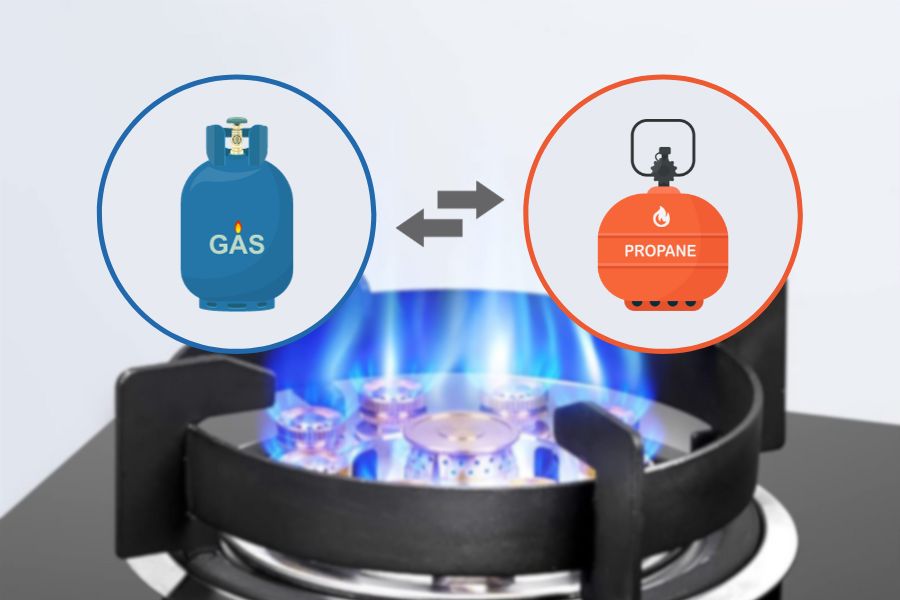
Reasons to Convert a Natural Gas Stove to Propane
Considering the question, “Are natural gas and propane interchangeable?” it’s crucial to weigh the factors that might incentivize switching from natural gas to propane. Each fuel source offers unique advantages and drawbacks regarding stoves and other gas appliances. Here’s a closer look:
Enhanced Heating Efficiency
When evaluating propane vs natural gas, it’s evident that propane is generally more efficient. A propane unit contains twice the energy compared to a similar amount of natural gas when measured in British Thermal Units (BTUs).
Propane stoves, therefore, can deliver the same heat output while utilizing less fuel. This is critical, especially since natural gas is usually more expensive per unit. Therefore, a stove powered by propane could offer cost savings in the long run.
Eco-Conscious Choice
Another aspect that distinguishes propane and natural gas is their environmental impact. While both are considered clean-burning fuels, propane has a slight edge in terms of greenhouse gas emissions. Natural gas is primarily composed of methane, a significant contributor to greenhouse gas emissions. Propane is considered a green fuel that’s less harmful when released into the atmosphere.
Flexibility in Delivery and Provider Choice
Natural gas is typically supplied via a gas line by the local gas company, limiting your ability to choose between providers. On the other hand, you usually find propane stored in a propane tank on your property, and you can choose a company to deliver it.
This gives propane users greater control over their fuel source. Besides that, they have the flexibility to switch providers if dissatisfied with their current service.
How Much Will It Cost to Change the Natural Gas Stove to Propane?
The most critical concern for everyone is what it will cost to convert from a natural gas stove to propane. It could cost you less than $15 to purchase a conversion kit or up to $300 for all components.
Also, it would be best if you consider the expense of hiring a professional to complete the conversion. This could cost you anywhere from $150 to $300. The protection aspect of having a professional take care of the task is worth the cost according to our view.
Another thing to be aware of is only to buy conversion kits from accredited sellers. You can even ask your local natural gas supplier whether this is a service. Certain companies can help you change your gas provider at no cost.
Safety Considerations
Both propane and natural gas can be hazardous to your health if you don’t install proper ventilation above your home stove.
Recently, a few cities, including New York and Berkeley, have passed ordinances prohibiting gas stoves from being fitted to new structures. The reason for this is a growing awareness of the dangers to health that come with gas stoves. They can trigger the release of harmful pollutants and are linked to the possibility of becoming asthmatic among children, according to the California Public Interest Research Group.
If you are using gas-powered stoves, turn off your range hood when cooking and, if possible, use the back burners. This is because the range hood exhausts the area more effectively, according to the California Air Resources Board (ARB).
If there aren’t hood or wall exhausts, you can opt for ceiling or wall exhausts or open all the doors and windows of your house. This allows more excellent airflow per the ARB.
You may also like: What Happens If You Use Propane On A Natural Gas Stove?
Conclusion
Although propane and natural gas serve the same purpose, they cannot be interchangeable. Making a simple switch between them without ensuring that the appliance is properly converted can pose a risk of serious physical danger.
So, if you are planning to transition from natural gas to propane, you should ensure that your appliance can change to another gas. Let a professional take care of the job!
